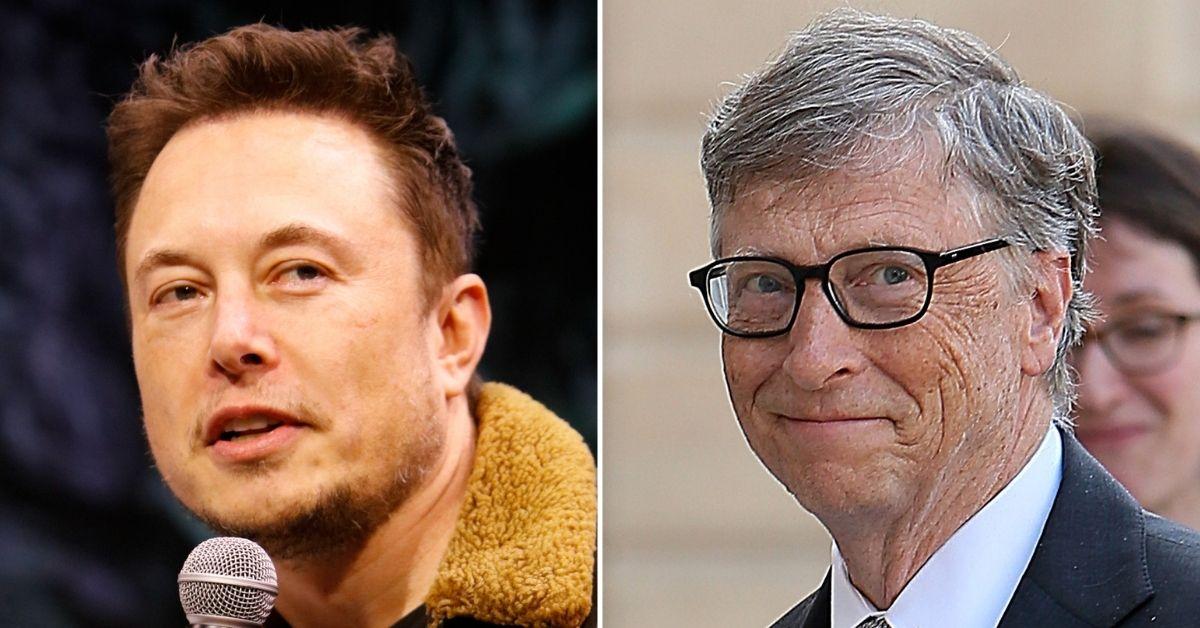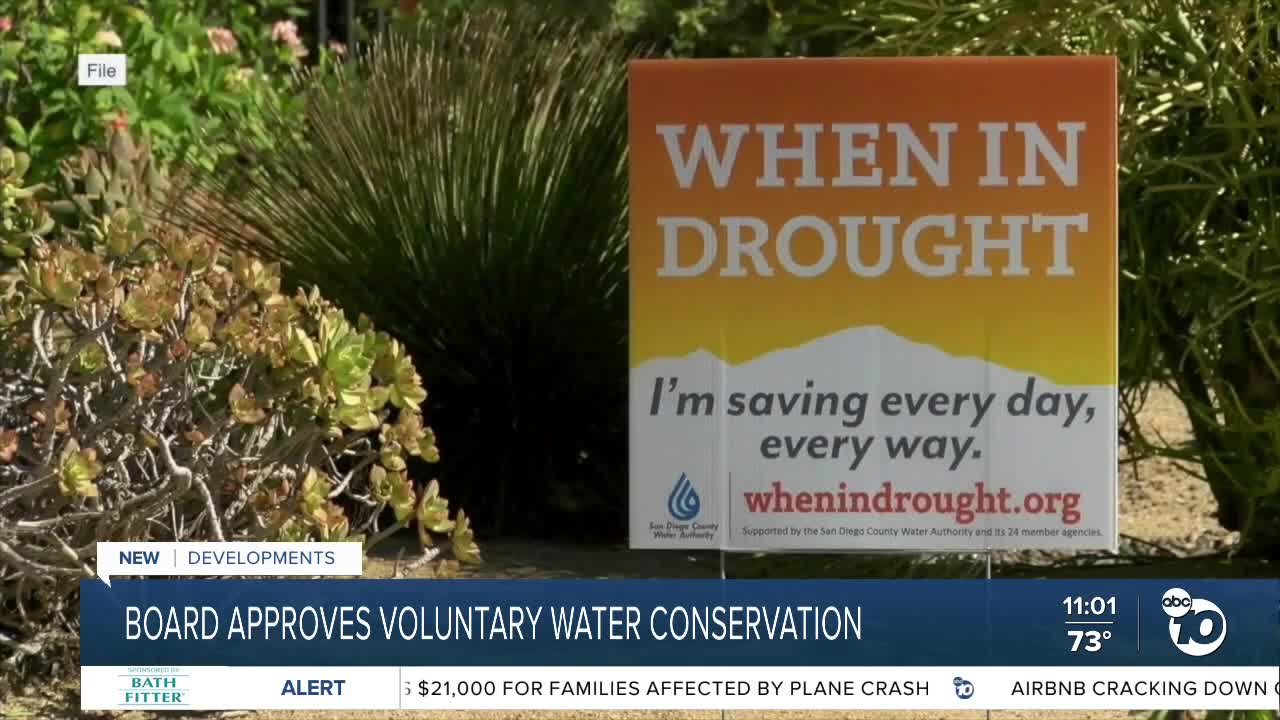Elon Musk Denies Bill Gates' Claims Regarding Child Poverty

Table of Contents
Bill Gates' Allegations Concerning Elon Musk's Approach to Child Poverty
Bill Gates, renowned for his extensive philanthropic work through the Bill & Melinda Gates Foundation, has been a vocal advocate for addressing global issues, including child poverty. While the exact nature and source of the claims remain somewhat opaque (with some information possibly gleaned from private conversations), reports suggest Gates expressed concerns regarding the effectiveness of Elon Musk's approach to philanthropy in tackling child poverty. These concerns likely stem from a perceived lack of focused, direct investment in established child poverty programs, compared to the Gates Foundation's extensive network and long history of targeted interventions.
- Specific Claims: The exact details of Gates' claims haven't been officially documented in a public statement, adding to the complexity of this debate. However, reports indicate a dissatisfaction with Musk’s seemingly less direct approach to tackling child poverty compared to the Gates Foundation’s more traditional model.
- Context of Statements: The context surrounding Gates' comments remains somewhat unclear, leading to speculation and differing interpretations of his intentions. Whether the remarks were made in a private setting and later leaked, or were part of a more public forum, greatly influences how his statements should be understood.
- Areas of Criticism: The criticism seemingly focused on the lack of significant financial contributions by Musk to established organizations directly addressing child poverty, contrasted with the immense resources dedicated by the Gates Foundation. Furthermore, a perceived lack of strategic focus on specific poverty-reduction initiatives might have fueled the disagreement.
Elon Musk's Rebuttal and Counterarguments
Elon Musk, in response to these alleged criticisms, has offered a staunch defense of his philanthropic approach. While he hasn't released an official statement directly addressing the rumored claims from Gates, his public comments and actions suggest several counterarguments. Musk often emphasizes his focus on technological solutions as a means to address long-term systemic issues, rather than immediate, short-term aid.
- Musk's Defense: Musk's response, although indirect, centers around a belief that technological advancement – specifically innovations in areas like sustainable energy, space exploration (through SpaceX), and electric vehicle technology (via Tesla) – will ultimately have a far greater impact on global issues, including poverty, than more traditional charitable giving models.
- Arguments Used: He posits that investing in long-term, transformative technologies will contribute to economic growth and opportunity, indirectly improving the lives of those living in poverty on a much larger scale. This approach prioritizes innovation and sustainable development over direct charitable donations.
- Supporting Evidence: Musk’s arguments are underpinned by the belief that his companies' work creates jobs, promotes technological advancement, and drives economic progress, leading to positive ripple effects that ultimately benefit the most vulnerable populations.
Comparing the Philanthropic Approaches of Elon Musk and Bill Gates
The public disagreement between Musk and Gates exposes a fundamental divergence in their philanthropic philosophies. Gates' approach is rooted in traditional philanthropy, prioritizing immediate impact through direct funding of established organizations and programs focused on specific needs, including healthcare, education, and poverty reduction. Musk, on the other hand, represents a more unconventional approach, emphasizing long-term technological solutions that can fundamentally alter economic systems and opportunities.
- Contrasting Strategies: Gates' strategy focuses on short-term aid and targeted interventions to alleviate immediate suffering and improve living standards within existing systems. Musk's vision is geared toward long-term, transformative change through technological innovation, indirectly addressing the root causes of poverty.
- Strengths and Weaknesses: While Gates' model is praised for its immediate, tangible impact, critics question its long-term sustainability and potential to address the structural issues that perpetuate poverty. Musk's approach, while potentially transformative in the long run, faces criticism for lacking immediate impact and for its inherent risks associated with technological development.
- Incompatible or Complementary?: Their differing approaches may not be fundamentally incompatible; rather, they may represent complementary facets of a comprehensive strategy to address child poverty. The combination of both short-term relief and long-term, transformative technology could provide a more holistic solution.
The Role of Technology in Addressing Child Poverty
Central to Musk's philosophy is the belief that technology holds the key to unlocking sustainable solutions to global challenges, including child poverty. This perspective emphasizes innovation and technological advancements as crucial drivers of progress.
- Technological Solutions: Musk highlights the potential of technologies such as improved agricultural techniques, access to clean energy, and advancements in healthcare to address poverty's root causes. SpaceX's Starlink internet service, for instance, could provide internet access to underserved communities, fostering education and economic opportunity.
- Impact of Technological Advancements: Improved access to education, healthcare, and communication technologies can significantly impact child well-being and overall development, fostering long-term economic growth and social mobility.
- Limitations of Technology Alone: It's vital to acknowledge the limitations of relying solely on technological solutions. Equitable access to technology, digital literacy, and addressing social and economic inequalities remain crucial challenges that must be addressed alongside technological advancements.
Conclusion
The public exchange between Elon Musk and Bill Gates highlights the complex and multifaceted nature of addressing child poverty. Their contrasting approaches – Gates’ focus on immediate aid and Musk's emphasis on technological solutions – underscore the ongoing debate regarding effective strategies for philanthropic efforts. While both approaches hold merit and potential for positive impact, a balanced strategy that incorporates both immediate relief and long-term sustainable solutions seems most promising. The disagreement underscores the necessity for diverse approaches and continued dialogue about innovative strategies for tackling this critical global challenge. The debate on Elon Musk's denial of Bill Gates' claims should spark further discussion and exploration into finding the most effective methods to combat child poverty. Share your thoughts in the comments below!

Featured Posts
-
 Fwz Tarykhy Ldyl Twrw Fy Jyrw Iytalya Antsar Llmksyk
May 30, 2025
Fwz Tarykhy Ldyl Twrw Fy Jyrw Iytalya Antsar Llmksyk
May 30, 2025 -
 Jin De Bts Accion Explosiva En El Nuevo Episodio De Run Bts
May 30, 2025
Jin De Bts Accion Explosiva En El Nuevo Episodio De Run Bts
May 30, 2025 -
 Southeast Asia Solar Market How Trumps Tariffs Impacted Indian Exporters
May 30, 2025
Southeast Asia Solar Market How Trumps Tariffs Impacted Indian Exporters
May 30, 2025 -
 San Diego Water Authority Plans To Sell Surplus Water Reducing Costs For Ratepayers
May 30, 2025
San Diego Water Authority Plans To Sell Surplus Water Reducing Costs For Ratepayers
May 30, 2025 -
 Tileoptiko Programma Megaloy Savvatoy 19 4
May 30, 2025
Tileoptiko Programma Megaloy Savvatoy 19 4
May 30, 2025
